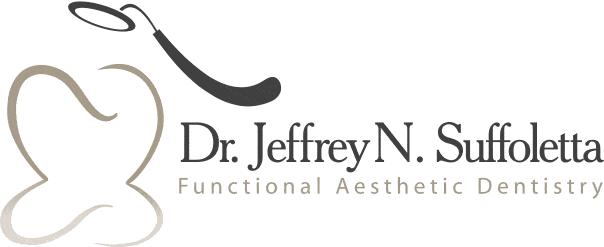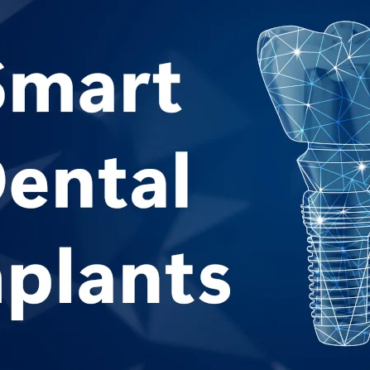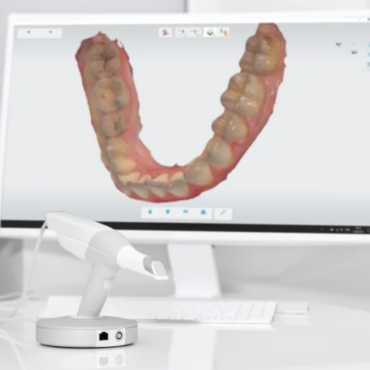Exploring Personalized Care, Innovative Solutions, and the Future of Dental Wellness
Genetics in Dental Care
Genetics in dental care refers to the study of how genetic factors influence various aspects of oral health. This includes, but is not limited to susceptibility to dental diseases, development of dental structures, and response to dental treatments. It involves understanding how variations in genes can impact an individual’s risk or conditions such as tooth decay, periodontal disease, malocclusion, and oral cancers.
- Understanding the genetic basis of dental diseases helps clinicians tailor preventive strategies to individual patients. Thus, potentially reducing the incidence of common oral health conditions.
- Genetic testing can identify patients who are at higher risk for certain dental issues. Consequently, allowing for early intervention and personalized treatment plans.
- Research into the genetics of dental development sheds light on the underlying factors that contribute to malocclusion and other structural abnormalities. Thereby, paving the way for innovative orthodontic interventions.
The Role of Genomic Dentistry in Dental Care
The role of genomic dentistry in dental care is multifaceted. It involves using genetic information to personalize dental care for individual patients. This includes identifying genetic predispositions to dental diseases, assessing risk factors, and customizing treatment plans accordingly. Genomic dentistry also plays a role in predicting treatment responses. In addition, it guides decisions regarding orthodontic treatments, dental implants, and other procedures, and optimizing preventive strategies.
- Genomic dentistry empowers dental professionals to move beyond a reactive approach to oral health and adopt a proactive stance, focusing on prevention and early intervention.
- By integrating genetic information into treatment planning, genomic dentistry enables more precise and targeted therapies and as a result, leading to improved outcomes and patient satisfaction.
- The use of genomic data in dental research opens new avenues for understanding the complex interplay between genetic factors, environmental influences, and oral health outcomes, driving innovation in the field.
RELATED ARTICLE: Unlocking the Allure of Dental Tourism in Las Vegas
How Genomic Dentistry Improves the Lives of Dental Patients
Genomic dentistry improves the lives of dental patients by offering personalized care that is tailored to their genetic makeup. By identifying genetic risk factors and predispositions early on, dental professionals can implement targeted preventive measures and interventions to minimize the risk of dental diseases and complications. This proactive approach can lead to better oral health outcomes, reduced treatment costs, and improved overall well-being for patients.
- Personalized preventive care based on genetic risk factors empowers patients to take control of their oral health and reduce their risk of developing dental diseases.
- By identifying genetic markers associated with treatment response, genomic dentistry helps patients avoid unnecessary procedures and achieve better outcomes with fewer complications.
- Genetic counseling services offered as part of genomic dentistry programs provide patients with valuable information and support, empowering them to make informed decisions about their oral health care.
Why Genomic Dentistry is Considered a Path for the Future Toward Better Oral Care
Genomic dentistry represents a shift toward precision medicine in dentistry. By integrating genetic information into dental practice, clinicians can move away from a one-size-fits-all approach and towards individualized care. Thus, taking into account each patient’s unique genetic profile. This has the potential to revolutionize preventive care, treatment planning, and therapeutic interventions in dentistry. Thereby, leading to more effective and efficient dental care delivery.
- The integration of genomic data into dental practice represents a shift towards precision medicine, where treatments are tailored to individual patients based on their genetic makeup.
- As our understanding of the genetic basis of dental diseases continues to advance, genomic dentistry holds promise for uncovering new therapeutic targets and developing more effective treatments.
- By leveraging genetic information to optimize preventive strategies and treatment outcomes, genomic dentistry has the potential to revolutionize the way oral health care is delivered, leading to improved patient outcomes and overall well-being.
RELATED ARTICLE: Orthodontic Revolution: Shaping the Future of Smile Enhancement
Cons of Genomic Dentistry and Its Limits
Despite its potential benefits, genomic dentistry also has limitations and challenges. These include the complexity and cost of genetic testing, ethical considerations related to privacy and consent, as well as the need for further research to establish the clinical utility and validity of genetic markers in dental practice. Additionally, genomic dentistry may not be accessible to all patients, particularly those from underserved populations or with limited resources.
- The complexity and cost of genetic testing may limit access to genomic dentistry services for certain patient populations, particularly those with limited financial resources.
- Ethical considerations surrounding genetic privacy and consent require careful navigation to ensure the protection of patient rights. Moreover, that their genetic data is in use responsibly today and in the future.
- Further research is needed to validate the clinical utility of genetic markers in dental practices. In addition, the industry must establish evidence-based guidelines for incorporating genomic information into routine patient care.
Innovators of Genomics in Dental Care
Innovators in the field of genomic dentistry include researchers, clinicians, and industry leaders who have contributed to advancing our understanding of the genetic basis of dental diseases. Thus, developing tools and technologies for integrating genetic information into dental practice. Specific pioneers may include scientists who have conducted groundbreaking research on the genetics of oral health conditions, as well as companies that have developed genetic testing kits and software platforms for genomic analysis in dentistry.
- Researchers who have conducted pioneering studies on the genetics of oral health conditions, such as dental caries and periodontal disease, have played a key role in advancing the field of genomic dentistry.
- Companies specializing in genetic testing and bioinformatics have developed innovative tools and technologies for analyzing genetic data and translating it into actionable insights for dental professionals.
- Clinicians who have embraced genomic dentistry in their practice and have championed its integration into routine patient care have been instrumental in driving the adoption of personalized approaches to oral health.
RELATED ARTICLE: Advancements in Smart Dental Implants
Practical Implementations of Genomics in Dentistry
Since the last update, the integration of genetic testing into routine dental screenings and assessments has been one application. In addition, the development of risk assessment tools based on genetic markers has continued incremental progress. Furthermore, the incorporation of genetic counseling services into dental care settings helps improve patient experience. Additionally, advancements in technology and bioinformatics have enabled more efficient and cost-effective analysis of genetic data, making genomic dentistry more accessible to clinicians and patients alike.
The Future Impact of Genomics in Dental Care
While genomic dentistry has the potential to significantly impact the dental industry, it is unlikely to create a full paradigm shift on its own. Instead, it represents a microcosm of the larger trend towards individualized healthcare approaches that leverage genetic information to optimize patient outcomes. As such, genomic dentistry will likely continue to play a significant role in shaping the future of oral healthcare, alongside other emerging technologies and innovations in the field.



